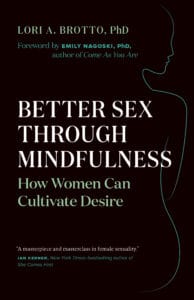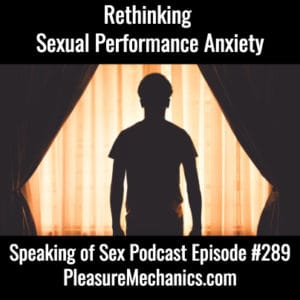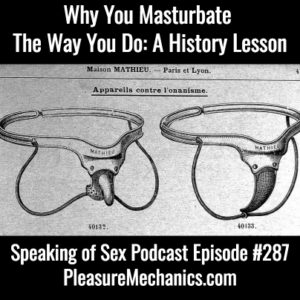Podcast: Play in new window | Download

Emily Nagoski is one of the most important thinkers in the field of sexuality. She does a remarkable job translating scientific and social knowledge into deeply personal stories and actionable strategies.
This interview originally aired in two parts as two episodes:
Episode #079: The Surprising Science of Sex With Emily Nagoski, Part 1
Episode #080: The Surprising Science of Sex With Emily Nagoski, Part 2
In this encore presentation, we bring the two episodes together for a deep dive interview with Emily Nagoski, author of Come As You Are.
Check out Emily’s book, Come As You Are: The Surprising New Science that Will Transform Your Sex Life and Emily’s blog, The Dirty Normal.
Emily Nagoski also has two brilliant Ted Talks:








